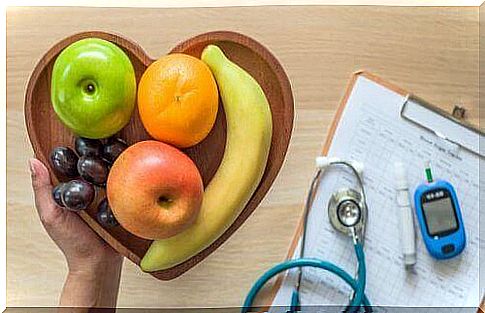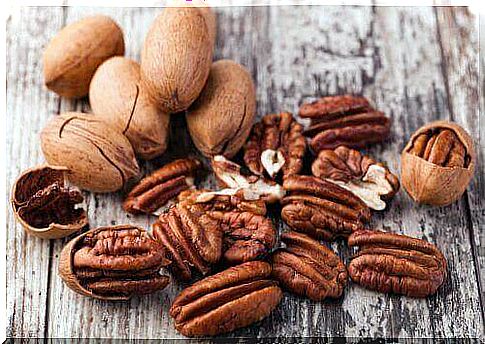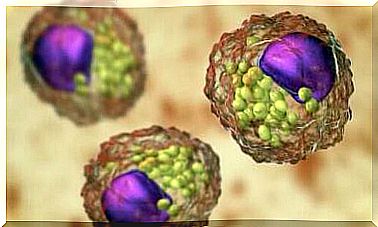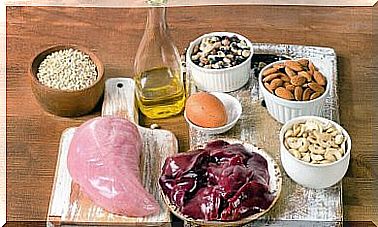Improving Diet In Diabetes
As a diabetic, improving diet is essential. This is the only way to avoid health risks. In this article, we give those affected some helpful tips on how to achieve this.

As a diabetic, improving your diet is essential. This is the only way to avoid health risks. In this article, we give those affected some helpful tips on how to achieve this.
In order to keep blood sugar levels under control, it is particularly important that you check your eating habits and adjust them if necessary. In the following, we will give you some advice on how this can look specifically.
Improving diet in diabetes
The improvement in the diet is one of the essential measures to prevent complications in the course of diabetes. Therefore, you should pay close attention to what you eat.

Choose foods that are high in nutrients and also of high quality. Also, don’t overeat. Remember that small portions should be consumed to keep blood sugar levels constant.
Keep trying to plan your meals – this means that you should take them at certain times of the day to avoid blood sugar spikes.
As a general rule, eat healthy foods that meet the body’s nutritional needs. At the same time, a healthy weight and controlled triglyceride and cholesterol levels should be ensured. Below you will get to know a few specific suggestions.
Tips
Change your eating habits and adapt them to your personal situation to ensure a high quality of life. Eat well and avoid too many calories and large portions. This will help you improve insulin production and use, which is considered a skin problem of diabetes.
Of course, you should speak to your doctor before changing your diet. They can best advise you which foods should be on your menu and which should not be.
1. Moderate consumption of foods that are converted to sugar
Did you know that sweets aren’t the only foods that release glucose? Simple carbohydrates also become these when they are absorbed by the body.
This does not mean that you have to completely cut out carbohydrates. However, you should rather use complex carbohydrates, which are gradually released and allow better control of blood sugar.
2. Consume protein
In general, foods high in protein do not cause blood sugar to rise. Therefore, you should consume them daily, using an appropriate amount depending on your age, height and weight.
A study from 2014 came to the conclusion that a protein-rich breakfast can have a beneficial effect on the metabolism of type 2 diabetics. You should talk to your doctor about this.
3. Choose carbohydrates that are slowly absorbed
Complex carbohydrates are only absorbed slowly by the body. This means that the rise in blood sugar occurs gradually so that the blood sugar spikes that are dangerous for the patient can be avoided. Therefore, mainly eat potatoes, whole wheat pasta, rice, whole wheat bread and vegetables.
4. Watch out for fats

In fact, there is no exhaustive information on recommended fats for diabetes. The studies are numerous and contain different results.
Even if there is no uniform criterion, it can at least be stated that you should choose good fats instead of saturated fats. Therefore, an avocado instead of a sausage and olive oil instead of butter comes into question.
5. Avoid juices
You should always give preference to fruit over juices. Even if an orange and an orange juice have the same amount of sugar, in the case of the juice it is absorbed more quickly. This can result in an abrupt increase in glucose.
6. Eat dried fruits

A study by Circulation Research published in February 2019 examined 16,000 people with type 2 diabetes. It was found that regular consumption of almonds, pistachios and nuts can lower the risk of cardiovascular disease in adults.
It is believed that those who eat at least five servings of nuts per week are 17% less likely to develop these diseases than those who eat only small rations.
7. Eat cinnamon
The data on this are contradictory. While some studies have shown that the regular consumption of cinnamon in type 2 diabetes patients can lower blood sugar, others show that no deviations were found in the people examined. So if you want to incorporate cinnamon into your eating habits, you should consult your doctor again.
Improving your diet is the first step in controlling your illness. Just be careful not to make radical changes without your doctor’s advice. In this case, too, we advise you: only he can best advise you on the basis of your nutritional requirements and your physical condition.









